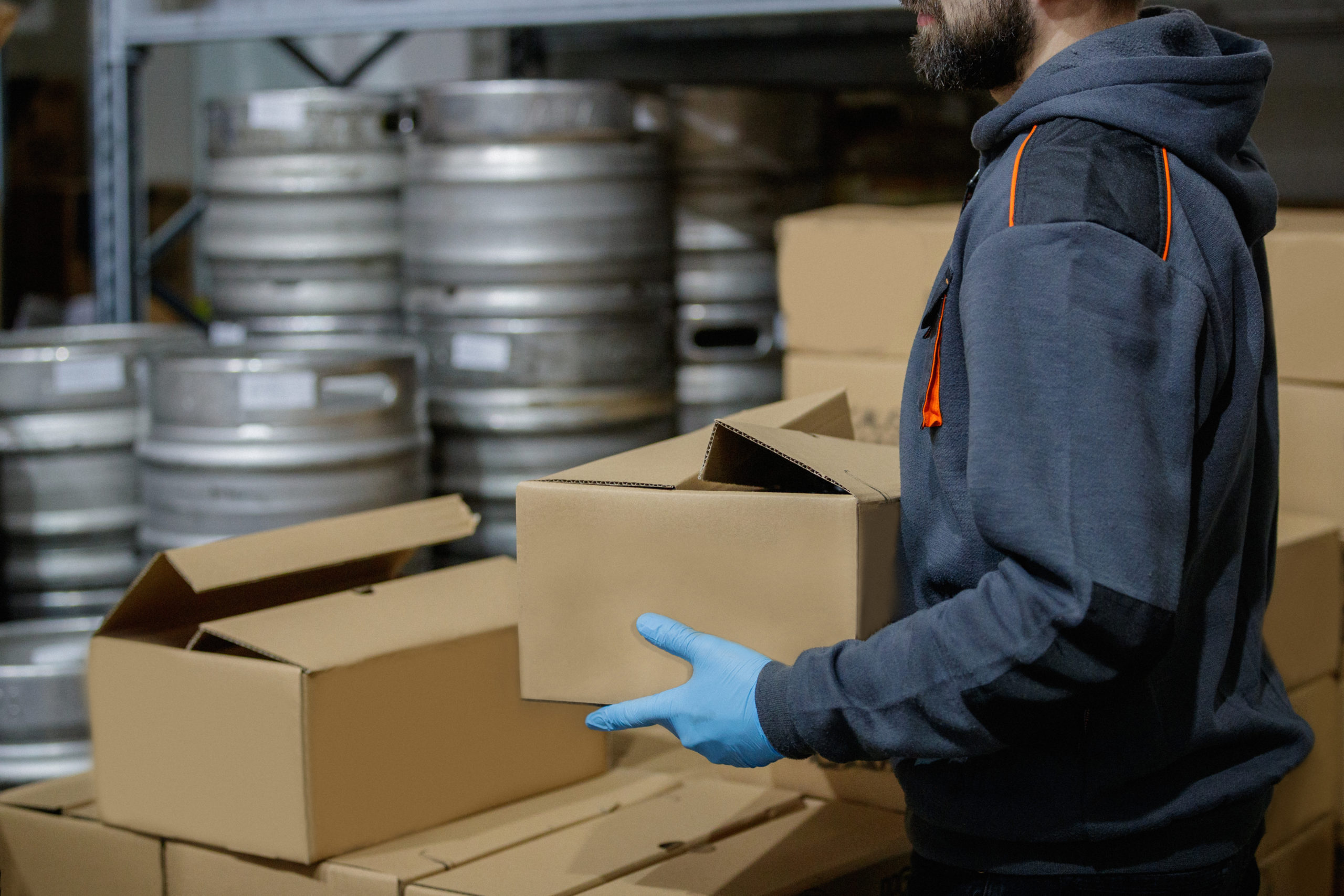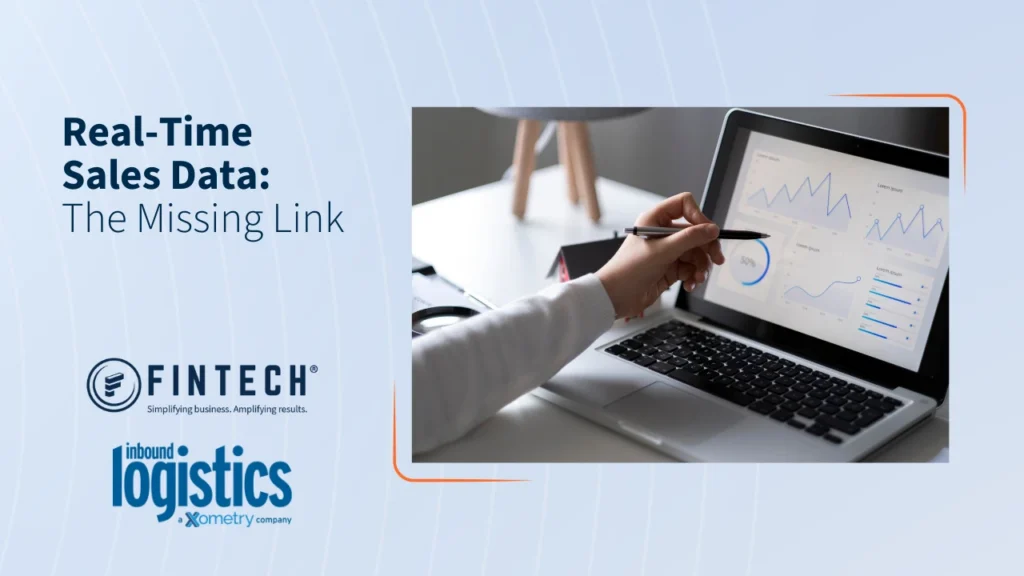Can your essential business be held responsible for employees who become ill?
As business begins to pick up speed and more employees are going back to work across the country, the concerns surrounding the employer’s responsibility to state-enforced safety precautions are increasing.
While businesses have always had a responsibility to maintain employee safety, we find our industry in uncharted waters with regards to post-COVID-19 procedures and the practices that could now be considered careless or negligent. Should the employer be responsible for providing proper personal protective equipment and maintaining sanitized areas at the business? Do they limit the in-office capacity or rotate employee shifts to limit person-to-person contact? How do employers balance the newly enforced guidelines and policies without sacrificing profitability and productivity? Where are the lines with employer liability?
In speaking with alcohol industry experts and our partners, it appears that the most common theme to protect against liability claims is proactivity. Constant adherence to all CDC recommendations and continuous improvements to safety measures can be the difference between employees feeling protected from the risk of exposure and employees getting sick.
In speaking with alcohol industry experts and our partners, it appears that the most common theme to protect against liability claims is proactivity.
Here are just a few proactive measures our industry partners recommend to protect your workforce and your business:
- Form a safety committee – set up a diverse group of employees who meet regularly to address safety concerns and ensure that the ever-changing state guidelines are being met.
- Adopt contactless engagement procedures – moving your business to a touch-free process can be a major difference–maker. Offer curbside drop-offs and online ordering, encourage electronic payments for suppliers and customers, move to digital accounts payable processes.
- Introduce capacity policies – rotate employee schedules when possible to limit face-to-face interactions and encourage social distancing. Limiting capacity can also help management institute and track proper daily cleaning routines.
- Use video communication – digital communication isn’t just the way of the future anymore. Many functions of daily communication can be done via video conference now, including account management and sales calls, team check-ins and meetings, and even interviews for new staff hiring.
At Fintech, we’ve seen these proactive approaches firsthand, with a record number of distributors and retailers moving to online ordering and touch-free electronic payments to protect their employees, customers, partners, and business. At an unprecedented rate, the alcohol industry is ditching cash and checks that change hands from retail location to delivery driver to accounts receivable and opting for safer forms of automated payments. Still, distributors and retailers alike are asking if following these best practices is enough.
At Fintech, we’ve seen these proactive approaches firsthand, with a record number of distributors and retailers moving to online ordering and touch-free electronic payments to protect their employees, customers, partners, and business.
As we navigate the new normal of post-COVID business, new safety measures may be enforced daily, and recommendations will come from every corner of the industry. To encourage an open discussion of shared ideas surrounding safety and employer liability, Fintech is hosting an exclusive panel webinar, “How Distributors are Trailblazing Safety Measures Across the Three-Tier System” sponsored by the National Beer Wholesalers Association (NBWA). Join leading distributors, Wednesday, May 13th, to hear how they are changing the game for their business and reducing the risks to their teams and customers.
Ready to transition your company to safer, more secure touch-free payments through Fintech? Contact us today to learn more.






